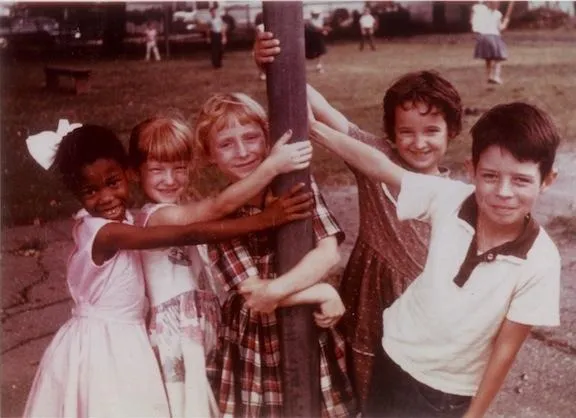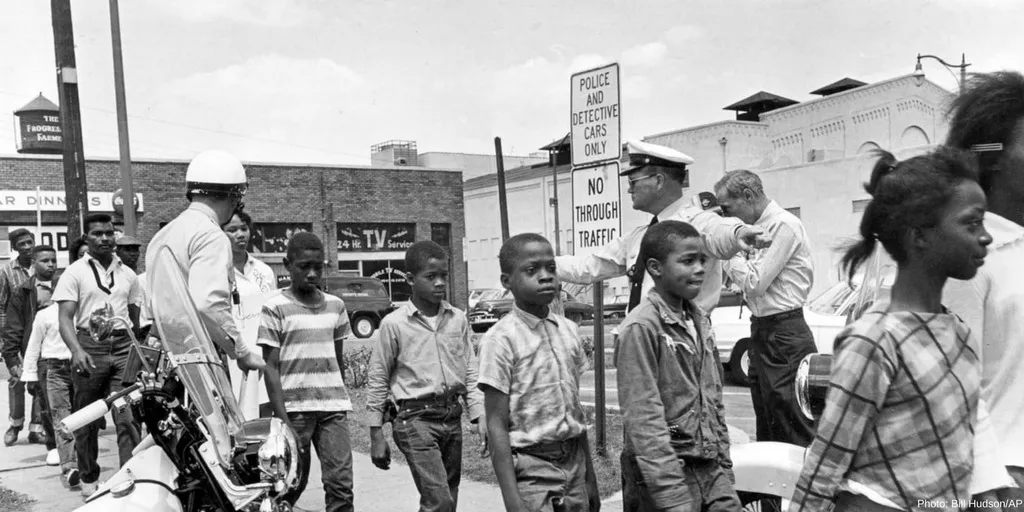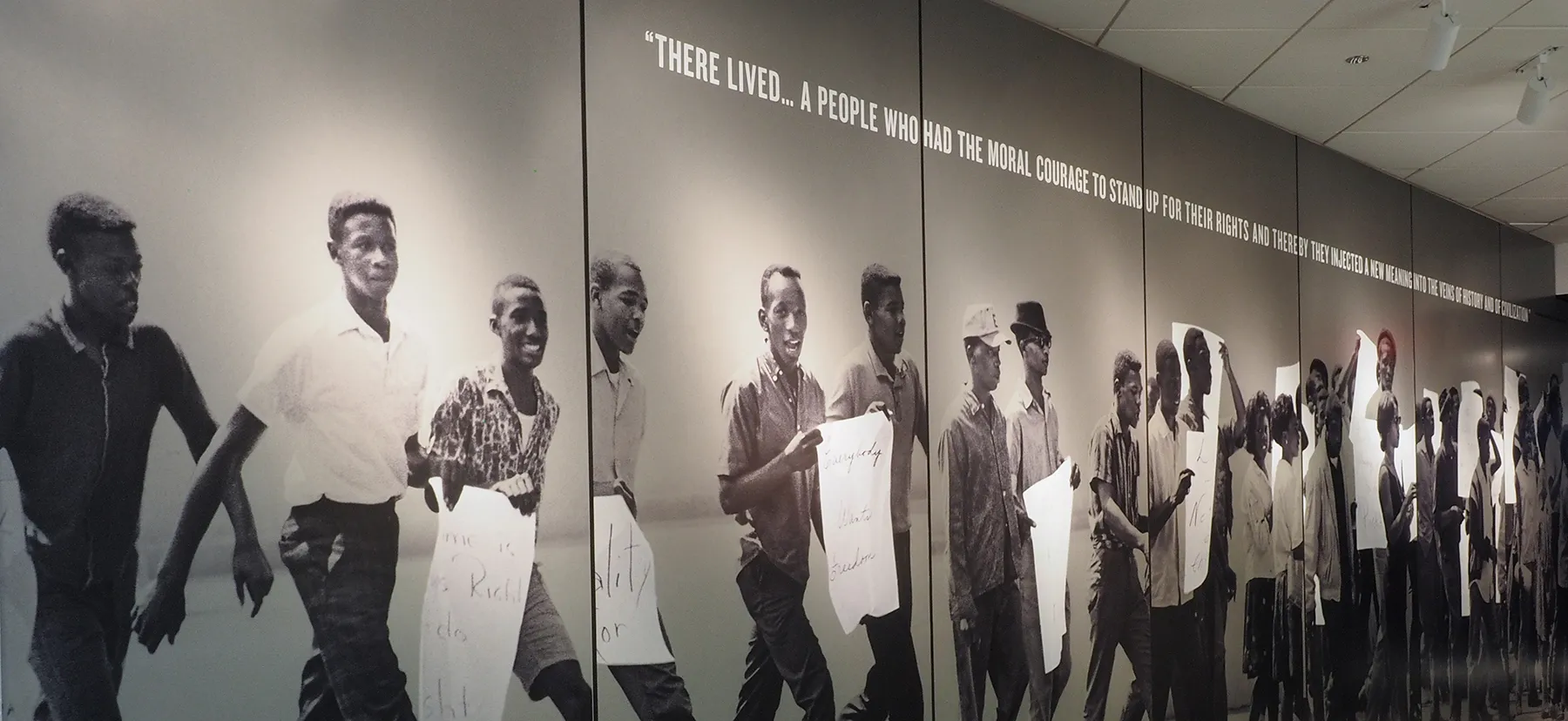As a highly educated man himself, Dr. King stressed the importance of better schools and access to resources for teachers and students. Unfortunately, education on every level was limited for African Americans, whether because of financial reasons, school segregation, or lack of support to pursue education.
One of the most fundamental changes in the course of our legal history was the ruling of Brown v. Board of Education (1954). In this Supreme Court case, segregated public schools became illegal. Before this, a “separate but equal” approach was taken in most public schools. Many African American parents tried to take their children to the closest public school to their home, and were quickly turned away and directed towards a segregated school instead.
Dissolving segregation in schools brought the racial injustices, particularly in the South, to the forefront of national discussion. Despite the Brown v. Board of Education ruling, many schools were slow to integrate. Because of this drawn-out process, moments of integration became intense and charged in many communities, as shown with the Little Rock Nine at Central High School in Little Rock, Arkansas; Ruby Bridges at William Frantz Elementary School in New Orleans, Louisiana; and even James Meredith at the University of Mississippi campus in Oxford, Mississippi.
Even still, there are many schools throughout the country that are still being desegregated today.
Martin Luther King, Jr. On Education
An early writing, “The Purpose of Education” was a piece Dr. King published in Morehouse College’s student newspaper. Even from this 1947 article, Dr. King was establishing his advocacy for education and opportunities for all. Without education, Dr. King argues, the ability to contribute to society is reduced drastically.
“We must remember that intelligence is not enough. Intelligence plus character – that is the goal of true education. The complete education gives one not only power of concentration, but worthy objectives upon which to concentrate. The broad education will, therefore, transmit to one not only the accumulated knowledge of the race but also the accumulated experience of social living.”
In this article, King warned against the perils of propaganda and the lack of morality. To him, a holistic education was one that not only taught how to think critically, but also how to empathize with a fellow human.
This sense of moral integrity and empathy in education continued in Dr. King’s public life. As the desegregation of schools took place, Dr. King was a vocal advocate for the cause, encouraging students and their communities to embrace this step towards a just future.
Media

Week 7: Quality Education

Week 13: School Choice For Quality Education

Week 17: Undoing a Generation of Student Loan Debt

Week 18: Rethinking Education

Week 23: Quality Education: Teacher Preparedness

Week 32: Education Equity - Part One: Funding

Week 33: Educational Equity - Part 2: Quality Schools

